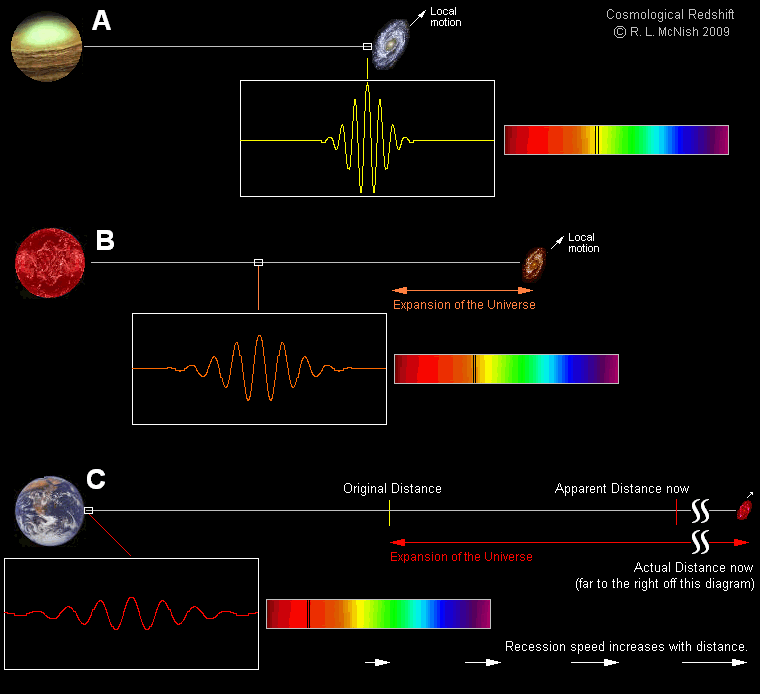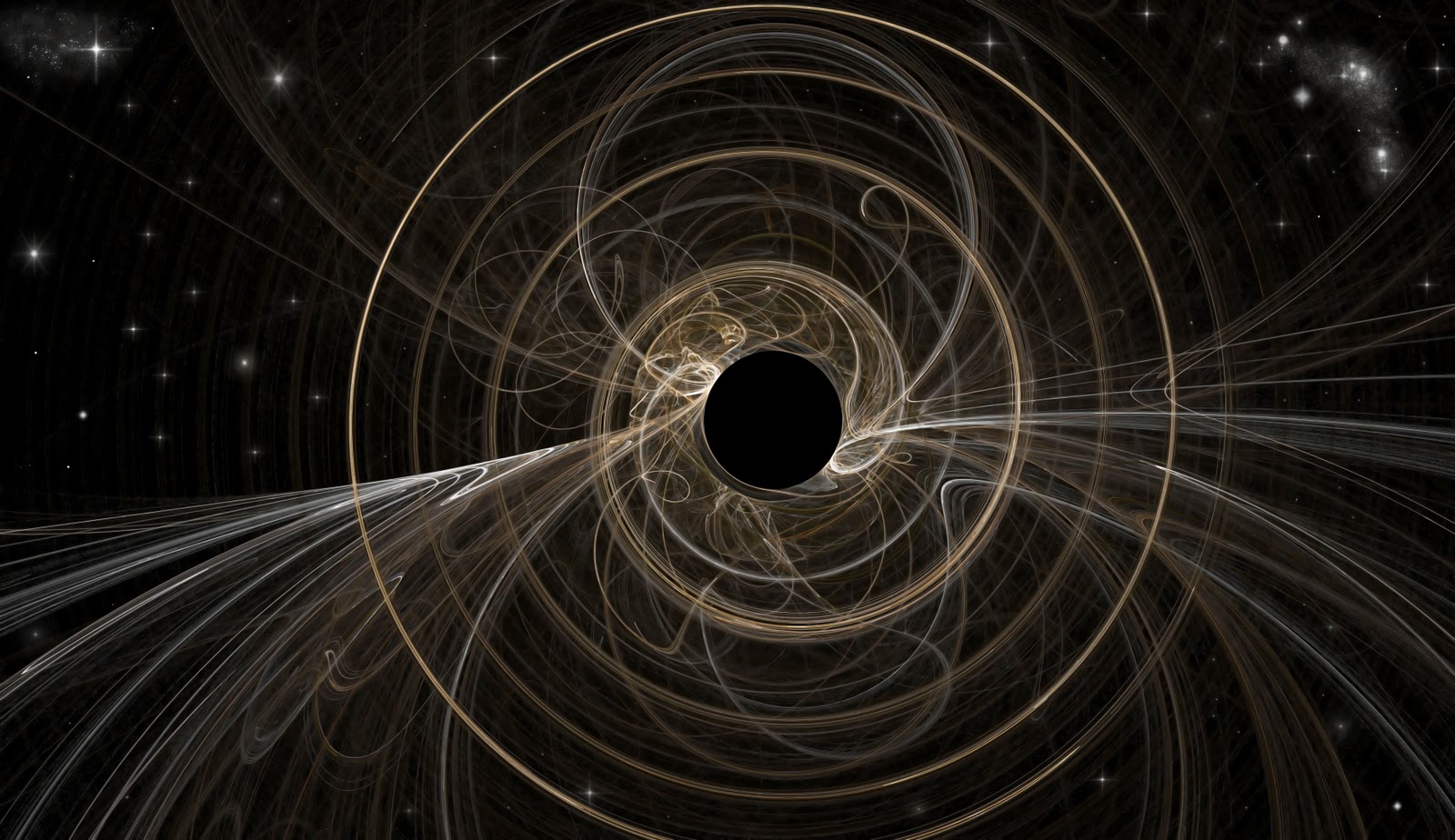
By firing a pulse of light at a semi-transparent/semi-reflective thin medium, researchers can measure the time it must take for these photons to tunnel through the barrier to the other side. Although the step of tunneling itself may be instantaneous, the traveling particles are still limited by the speed of light, and although photons can be absorbed and re-emitted, it's not so easy to destroy photons in any way at all. (Credit: J. Liang, L. Zhu & L.V. Wang, 2018, Light: Science & Applications)
To live forever, a false hope for all constituents of existence save for perhaps one, the photon, the carrier of the electromagnetic force, a massless particle forever traveling at the speed of light in a vacuum. is most likely immortal but then again, is it really?
In the expanding Universe, for billion upon billions of years, the photon seems to be one of the very few particles that has an apparently infinite lifetime. Photons are the quanta that compose light, and in the absence of any other interactions that force them to change their properties, are eternally stable, with no hint that they would transmute into any other particle. But how well do we know this to be true, and what evidence can we point to in order to determine their stability? It's a fascinating question that pushes us right to the limits of what we can scientifically observe and measure.
The Red Shift beckons ...

The farther a galaxy is, the faster it expands away from us and the more its light appears redshifted. A galaxy moving with the expanding Universe will be even a greater number of light years away, today, than the number of years (multiplied by the speed of light) that it took the light emitted from it to reach us. But we can only understand redshifts and blueshifts if we attribute them to a combination of motion (special relativistic) and the expanding fabric of space (general relativistic) contributions both. If the light simply got “tired” instead there would be a differing series of observable consequences. Credit: Larry McNish/RASC Calgary)
Hence ... photons live on.
End result?
Immortality it is ... for now. :)




No comments:
Post a Comment